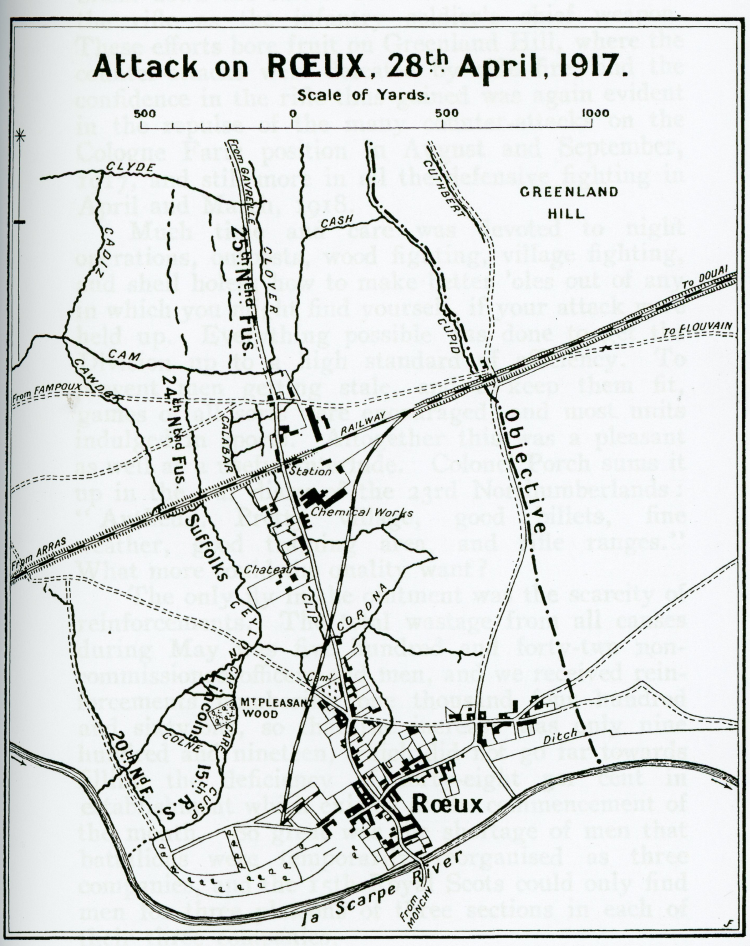Private Robert Masterton
43619, 15th Royal Scots
killed in action 28th April 1917
aged 36
Arras Memorial
Son of Andrew Masterton and Ann Wilson
Alloa, Clackmannanshire, Scotland
aged 36
Arras Memorial
Son of Andrew Masterton and Ann Wilson
Alloa, Clackmannanshire, Scotland
Genealogy
Robert Masterton was born in Alloa, Clackmannanshire, Scotland on 9th May 1880, the fourth of nine children born to Andrew Masterton, shipwright, and Ann Wilson who married in 1872 in Stirling. All their children were born in Alloa, with known residences at 1 Forth Street, 6 Carron Street, and at the Dry Dock. By 1911 Robert was boarding in Stobhill, Cockpen, Midlothian, working as a colliery labourer.
Further details of Robert, his parents and eight siblings and the extended family of Mastertons that originally flourished in the Newburgh area can be found at the following link.
His War
Robert Masterton's Medal Index Register show that he served in the 15th Battalion, The Royal Scots. His Medal Roll Index Card shows that he did not qualify for the 1914-15 Star. But we know that by the time he died in 1917 he was with the 15th Royal Scots in the Battle of Arras.
The 15th Battalion, The Royal Scots (Lothian Regiment), was raised in September 1914 by the Lord Provost and City of Edinburgh. It was trained initially at Troon, Ayrshire and in June 1915 moved to Ripon, Yorkshire under command of 101st Brigade, 34th Division. It landed in Le Havre on 8th January 1916.
Robert was reported presumed killed on 28th April 1917. On that day the Unit War Diary records an attack on Roeux, on the north of the River Scarpe, part of the Battle of Arras.

Robert was one of many who fell somewhere between the 15th Royal Scots emerging from their trenches at zero hour, 4.25 a.m. and their objective beyond the village of Roeux.
Unit War Diary: 15th Battalion The Royal Scots
TRENCHES N of SCARPE: April 28th 1917: ZERO: The Battalion moved off to the assault at 4.25a.m. The only information ever received came from 2nd Lt. Walker C Coy who, with some 50 men, was held up by M.G. fire at the
very beginning of the attack. What appears to have happened is this: the M.G. barrage did not apparently make itself felt until after the first wave and the majority of the moppers up had passed.
The rear wave then came under intense fire which caused very heavy casualties and completely blocked any further attempt at advance.
In the meantime (according to enemy prisoners captured later in the day) the remainder of the assaulting troops pushed right through ROEUX & actually reached their objective where they started to dig in.
Here they were heavily counter-attacked & after holding the enemy off until their ammunition was exhausted were all either killed or captured.
At 10 a.m. the Germans attacked our trenches & succeeded in penetrating the .... in the neighbourhood of MT. PLEASANT WOOD to within about 50 yds of the road.
They were however driven out by the 20th N.Z. (in Bde Reserve) leaving some 100 dead & a few prisoners in our hands.
The remainder of the day passed uneventfully.
National Archives
Kew, London
Unit War Diaries: WO 95/2457/5
34 Division; 101 Infantry Brigade; 15 Battalion The Royal Scots
January 1916 to August 1918 (excl November 1917)
Robert's name is on the Arras Memorial, Pas de Calais, France, one of almost 35,000 whose bodies were never recovered, mostly casualties of the Battle of Arras.
Other Sources
- Robert Masterton Medal Index Register
- Robert Masterton Medal Roll Index Card
- Robert Masterton's Deceased Soldier's Effects
- Battalion War Diary, 15th Battalion, The Royal Scots, 28 April 1917:
- Commonwealth War Graves Commission
- Scottish National War Memorial
- Robert Masterton in IWM Lives of First World War
- The Thirty Fourth Division 1915-1919 J. Shakespear
- Medals: Victory, British War